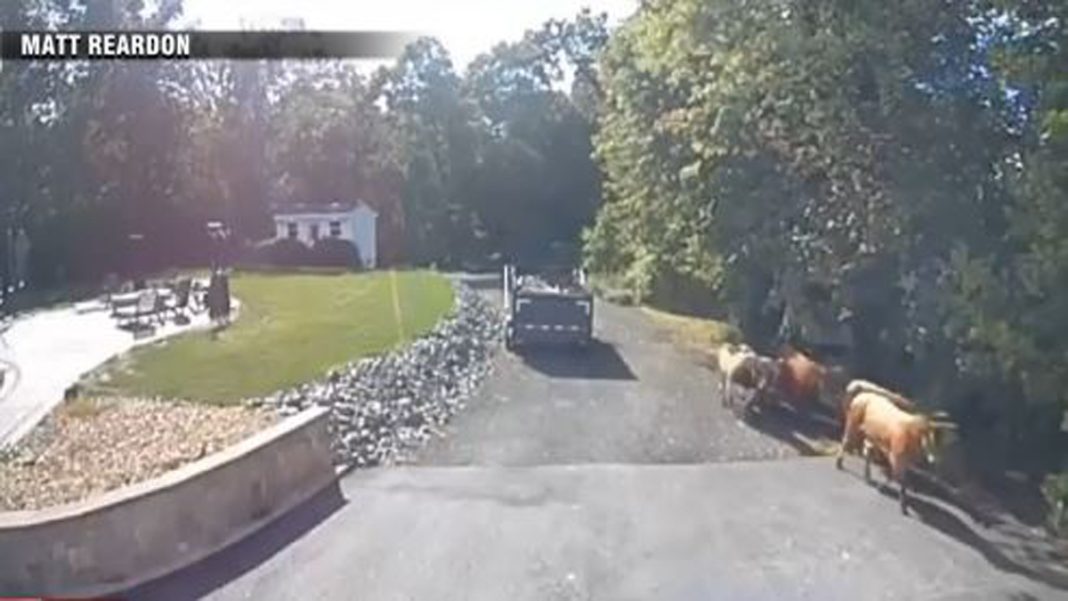In a recent address to the Committee for Economic Development Australia (CEDA) in Sydney, Opposition Leader Peter Dutton unveiled the Coalition’s plans for a nuclear energy revolution, a move that has sparked both interest and skepticism across the political landscape. While Dutton touted the benefits of nuclear energy, he sidestepped a critical aspect: the projected budget for this ambitious initiative. Instead, he assured attendees that the overall cost would be “a fraction” of the Albanese government’s staggering $1.3 trillion energy transition plan, which has drawn criticism for its extensive infrastructural demands.
Dutton’s rhetoric painted a vivid picture of a nuclear future, but the absence of tangible financial figures left many questions unanswered. He promised to disclose detailed costings “at a time of our choosing,” suggesting a calculated strategy to manage public perception. This delay in transparency has prompted pushback from Prime Minister Anthony Albanese, who accused Dutton of failing to deliver on his promise of openness. Albanese’s critique reflects a broader concern over the feasibility and transparency of the Coalition’s nuclear ambitions.
The Coalition’s strategy includes the construction of seven nuclear power stations at sites strategically selected across the country, including locations in Queensland, New South Wales, South Australia, Victoria, and Western Australia. This approach aims to leverage the existing transmission network, contrasting sharply with the current government’s plans, which involve extensive new infrastructure that critics argue could disrupt agricultural land and national parks. Dutton emphasized that nuclear power offers a long-term solution, boasting an operational lifespan of 80 years for reactors compared to the relatively short lifespan of renewable technologies like solar and wind.
However, the shift towards nuclear energy raises significant concerns regarding its integration into Australia’s energy system. Energy Minister Chris Bowen recently warned that the Coalition’s nuclear policy could lead to a 49 percent shortfall in electricity supply by 2035, a stark reminder of the complexities involved in transitioning to a new energy paradigm. Such statements highlight the urgent need for robust planning and realistic assessments of energy supply and demand as Australia grapples with its energy future.
Dutton’s confidence in nuclear energy is echoed by a global perspective, as he cited the success of nuclear power in over 30 countries, including the UAE, which recently launched a nuclear plant capable of generating 5.6 gigawatts—sufficient to meet 60 percent of New South Wales’s energy needs. He contrasted this with the impracticality of solar energy, noting that it would take 52 million solar panels to produce the same output, with the caveat that solar energy generation is contingent upon weather conditions. This comparison underscores a persistent debate in the energy sector about the reliability and scalability of renewable versus nuclear power.
Despite the potential benefits, public apprehension regarding nuclear energy persists, rooted largely in historical safety concerns and the management of nuclear waste. Dutton argued against these fears, suggesting that the same technology deemed safe for nuclear submarines should apply to civilian energy generation. His assertion that communities near nuclear plants have historically thrived as centers for new industries and investments aims to shift the narrative around nuclear energy as a potential economic boon.
The Coalition’s advocacy for nuclear energy is not merely about energy production; it is also about job creation. Dutton noted that a significant percentage of coal plant workers possess skills that are transferable to nuclear facilities, suggesting that this transition could pave the way for a workforce equipped to meet the demands of a changing energy landscape.
In conclusion, while the Coalition’s nuclear energy plan presents a bold vision for Australia’s energy future, it raises critical questions about feasibility, transparency, and community acceptance. As the government navigates these complex issues, the importance of clear communication and robust planning cannot be overstated. The conversation around nuclear energy is not just about immediate costs or outputs; it’s about shaping a sustainable and resilient energy future for generations to come.

